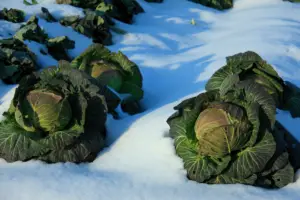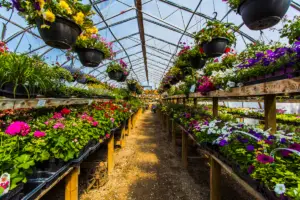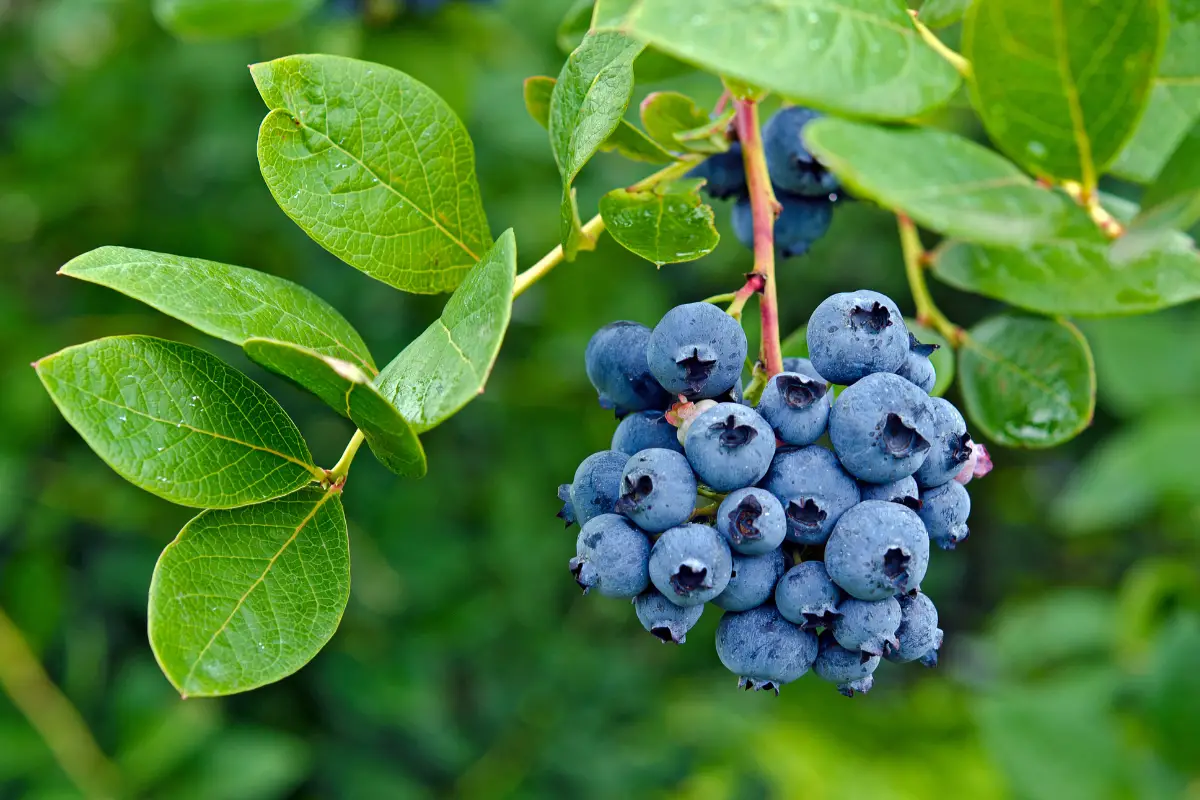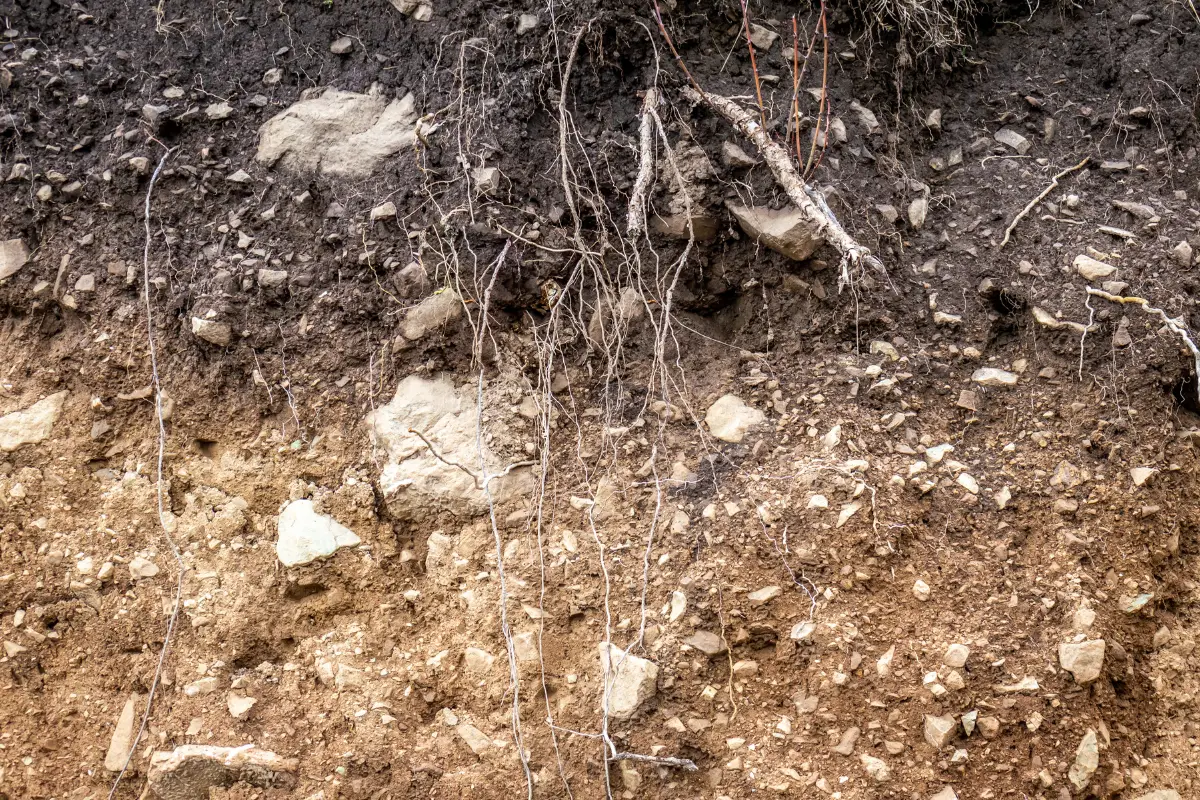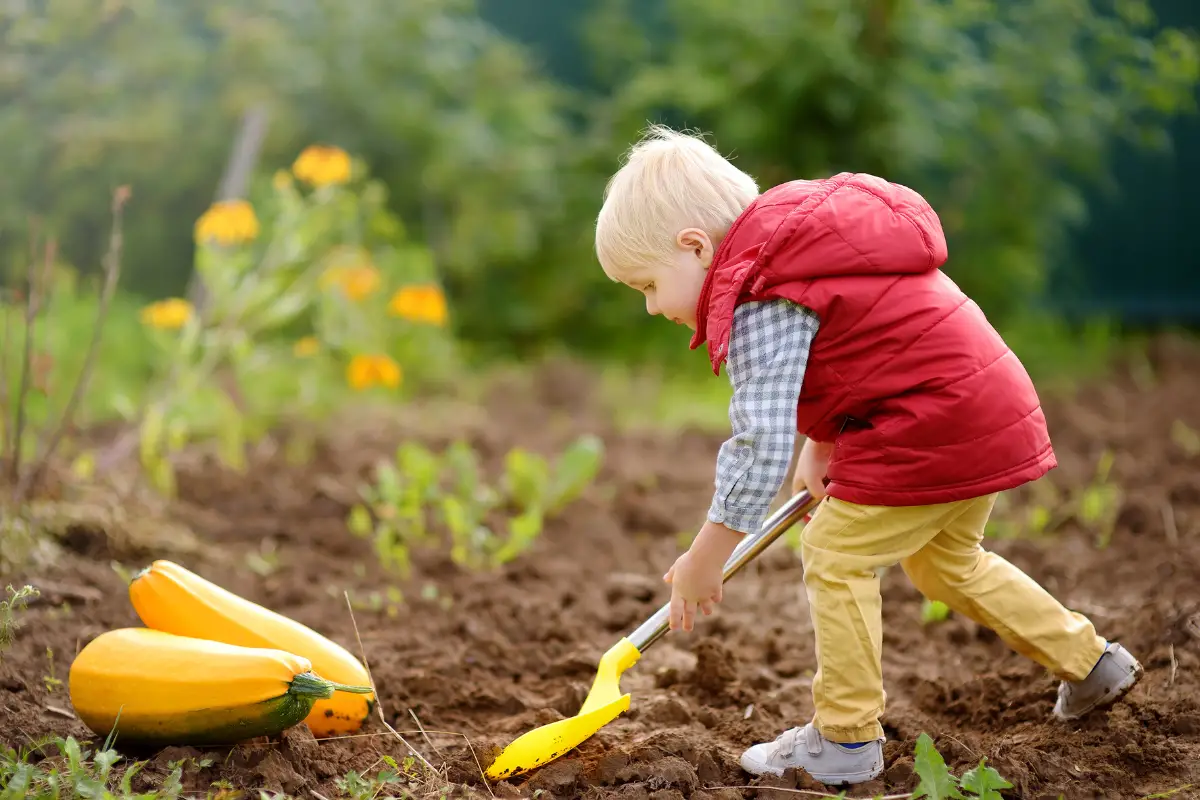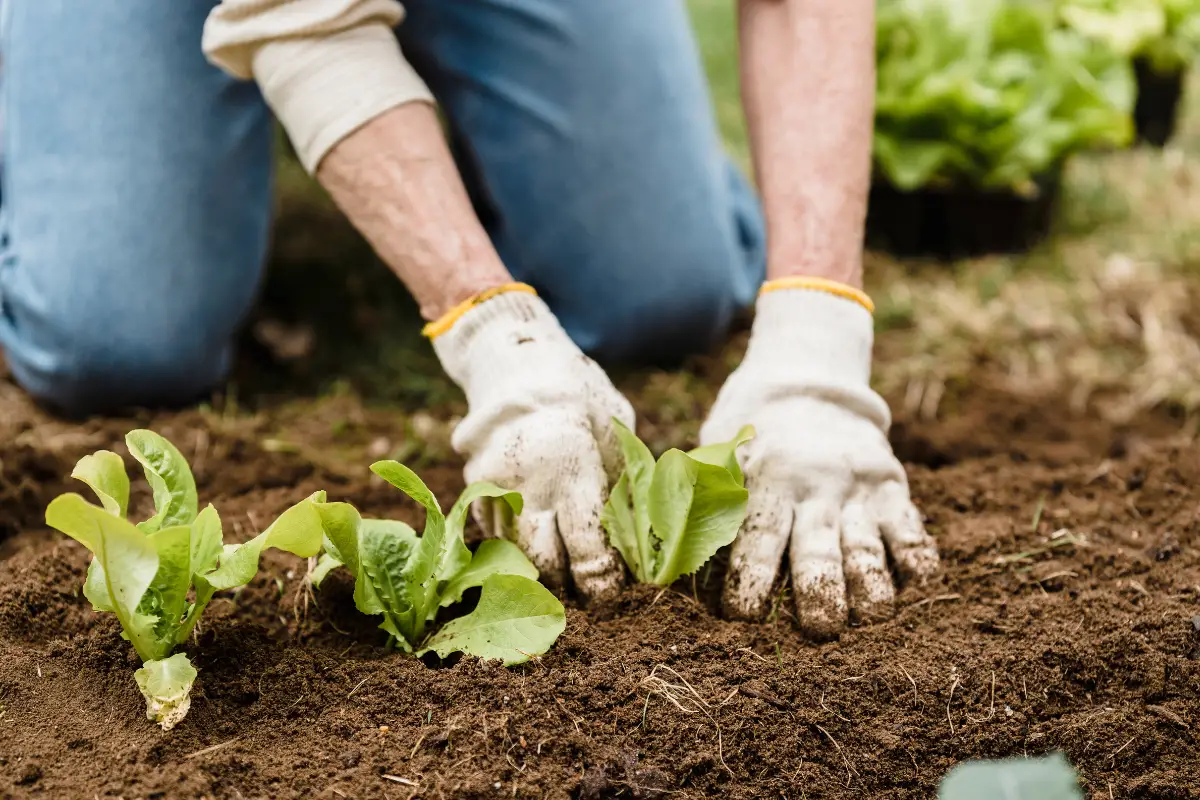Hydroponic plants do grow much faster than plants growing in standard soil. The roots of the plants make direct contact with the nutrients they need to grow, making it easier for them to absorb them. Overall, hydroponic plants go through more growth cycles in a period than soil-growing ones.
So yes, hydroponic plants do grow faster than typical plants.
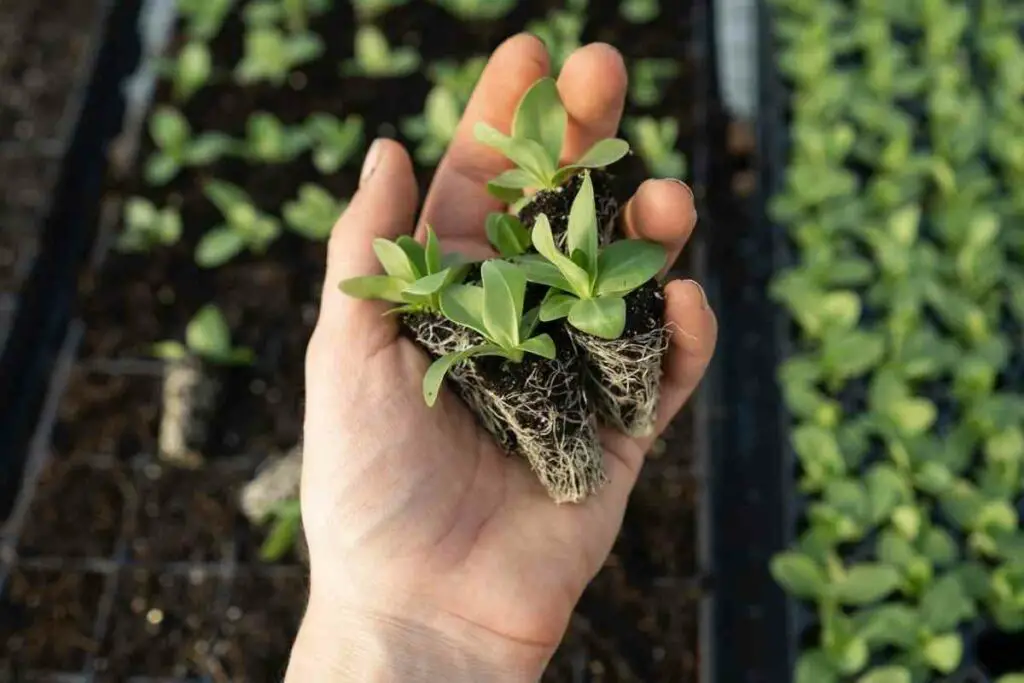
There are several different reasons why this occurs.
However, it’s primarily due to them having easier access to nutrients and oxygen.
Table of Contents
Why Do Hydroponic Plants Grow Faster?
Hydroponic plants do grow more rapidly than soil-growing plants.
Hydroponic plants have access to liquid full of nutrients and oxygen, allowing for better growth.
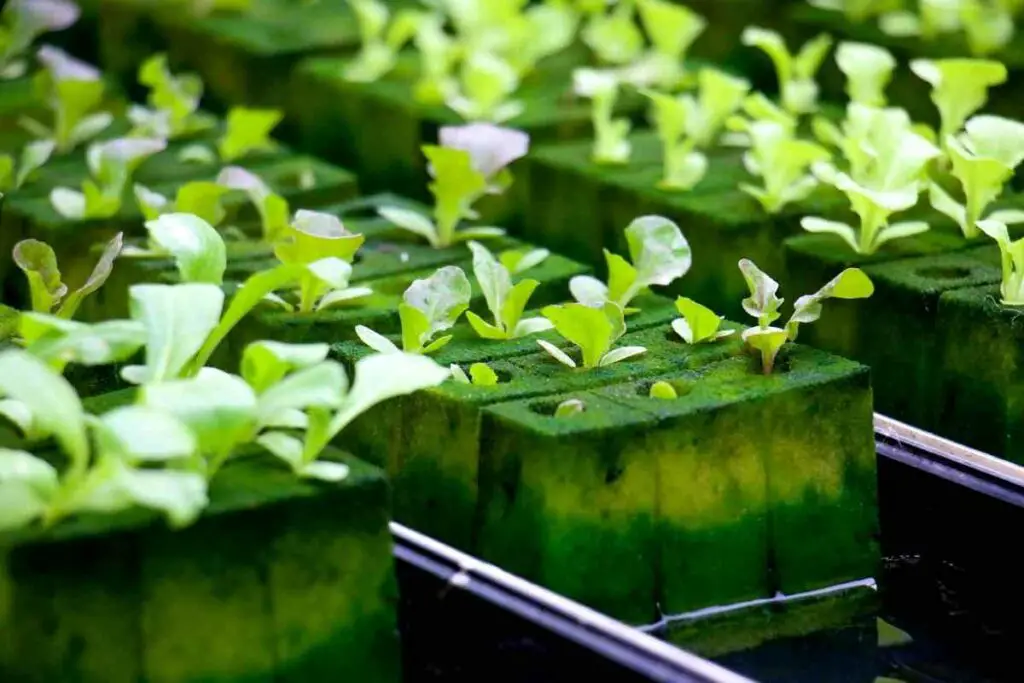
The hydroponic plants’ roots directly contact the water, quickly absorbing the nutrients.
Soil-growing plants have to wait for the water to work through the soil before absorbing it.
Additionally – Hydroponic plants don’t have to put as much effort into taking in nutrients. Since they don’t have to spend energy scavenging, there’s more energy available to grow!
This process allows the hydroponic plants to grow and produce food quickly.
Overall, hydroponic plants are much faster because the roots make direct contact with nutrient-rich water.
This controlled environment also makes it easier to produce larger amounts of food.
However, there are plenty more reasons that hydroponic plants grow much faster than soil-growing plants.
These are all of the most significant factors that can speed up the growing process.
Easier Environment Management
First of all, hydroponic plants are much easier to monitor and manage.
In soil, several factors can impact the growing conditions. For example, even rain can throw off the pH balance of growing soil!
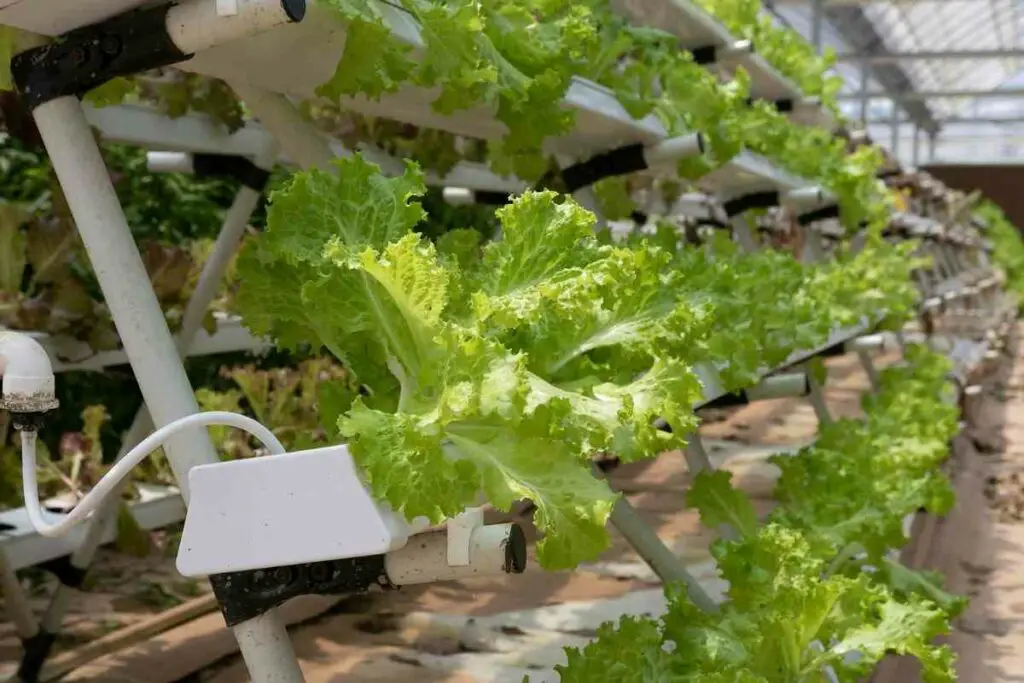
However, with hydroponics, there are plenty of ways to monitor the pH of the water easily- you can quickly change it if something were to go wrong.
That way, the pH won’t harm the plant’s ability to take in nutrients.
Since the growing environment is always in perfect condition, the hydroponic plants can grow as quickly as possible.
With soil-growing plants, many environmental factors can slow down their natural growth.
Perfect Root Aeration
Oxygen is essential for the growth of plants.
Roots need to have good aeration levels, which is easier to achieve with hydroponics.
The water requires an air pump, which is very simple to monitor and adjust as needed.
With soil-growing plants, it’s much harder to monitor the aeration levels actively.
Tightly packed soil can cause the plants to grow slowly and causes other growth issues with the roots.
The roots also need to spend more energy to burrow through the earth.
There’s No Competition
Next, there’s no competition for hydroponic plants! Weeds can grow around soil plants, stunting their growth.
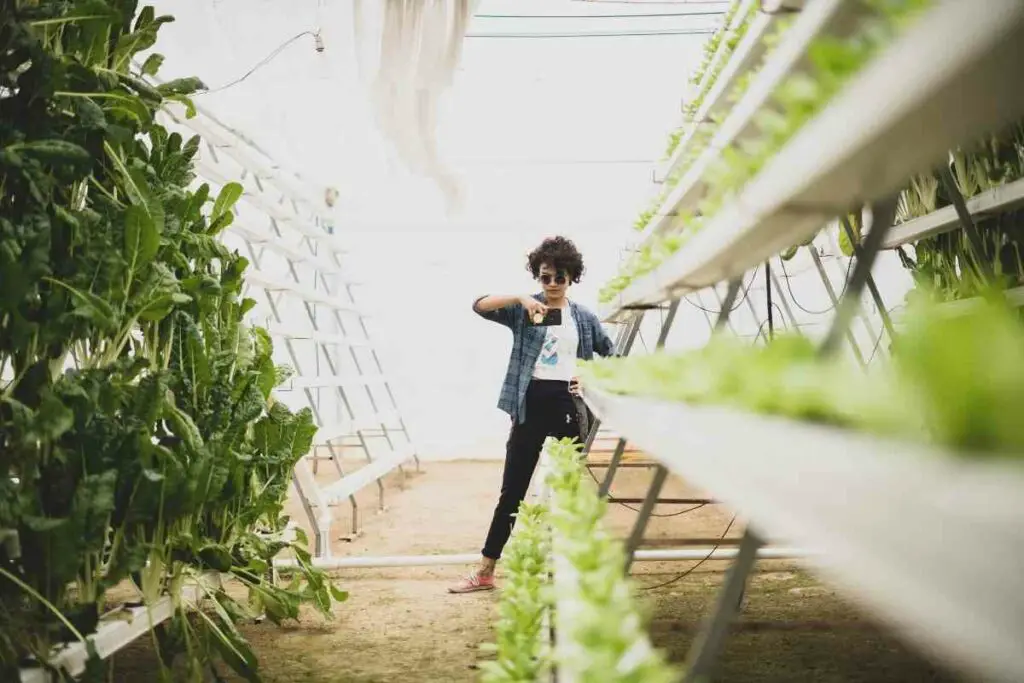
There are also no outside animals or pests that can impact hydroponic growing.
Hydroponic plants also have enough nutrients to grow, so they won’t “fight” with surrounding plants.
Soil plants may try to take over another plant’s space to get more nutrients- this never happens with hydroponic growing.
Optimal Climate 24/7
Additionally, many hydroponic farms are indoors.
That means the farmers have complete control over the climate and keep the plants at optimal growing conditions.
Outdoor plants have to deal with the weather, slowing down their growth.
Since hydroponic plants have the best growing conditions at all times, they go through their growing phases rapidly.
Farmers have constant control over:
- Humidity
- Sun or UV light
- Temperature
Plus, the plants won’t have to endure harsh winds, snow, hail, excessive rains, and other conditions that negatively affect their growth.
No Exposure To Pests and Disease
Pests and diseases can easily kill an entire farm’s worth of plants!
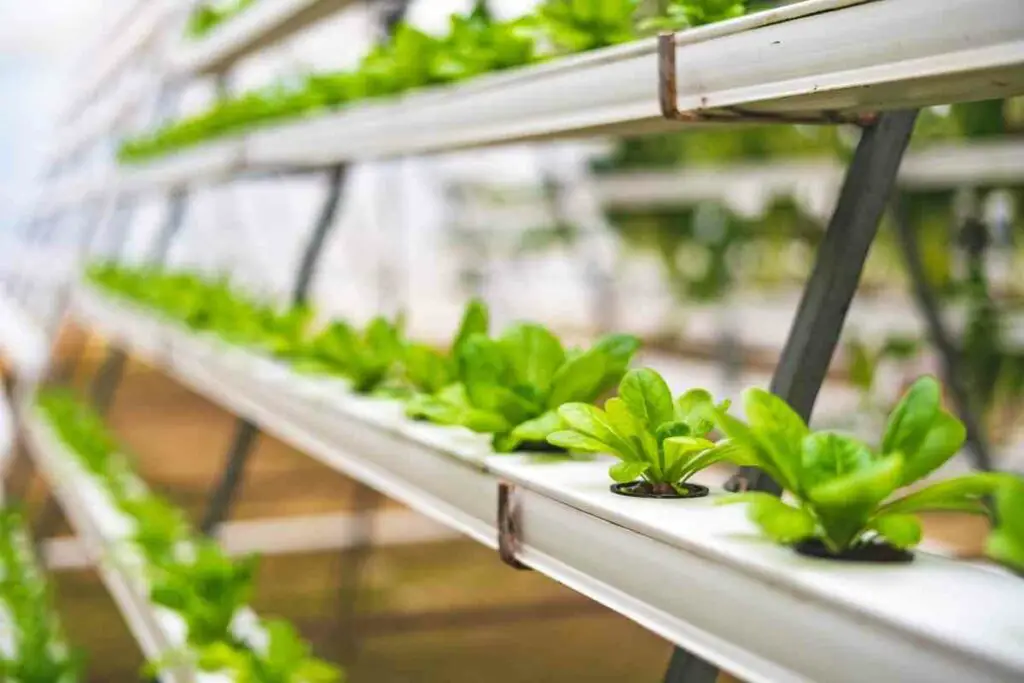
However, sickness usually travels through the wind in an uncontrolled environment. Hydroponic farms don’t have these concerns.
Plus – Exposure to pests is very low. Since hydroponics usually takes place in a building, farmers don’t have to worry about locusts, moles, worms, crickets, beetles, and other plant-eating pests.
Since the conditions are always adjustable, farmers can also make an environment that stops the spread of disease!
Overall, there are many preventive measures in place that make it easier to prevent disease and pests from taking over.
How Long Do Hydroponic Plants Take To Grow?
You now know that hydroponic plants don’t take nearly as long to grow, but how much faster is it?
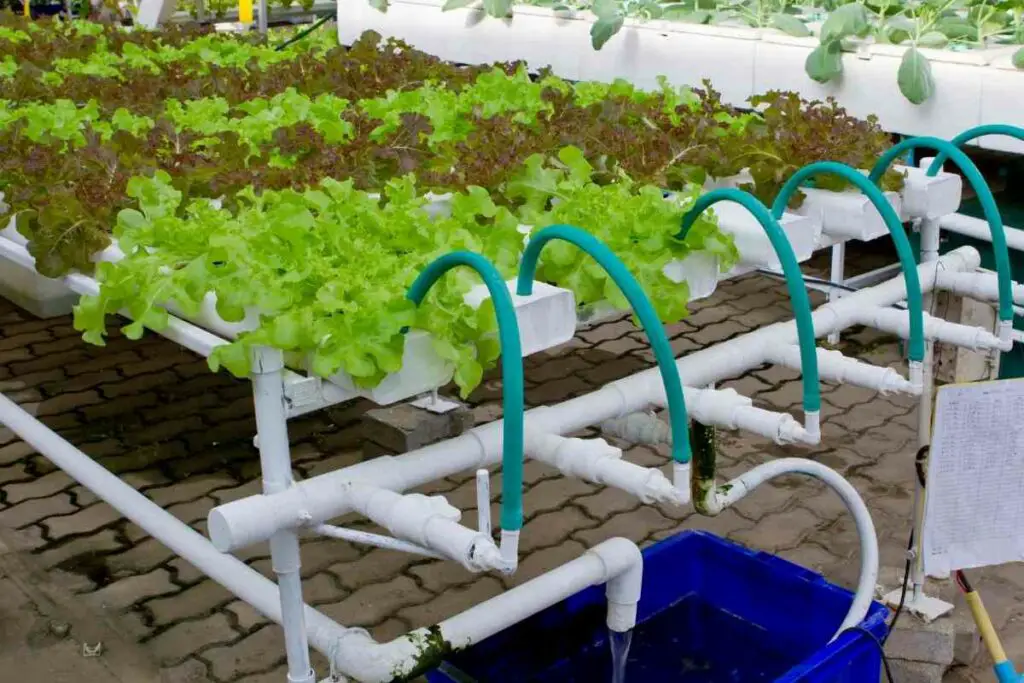
You can expect your hydroponic plants to grow about 20% to 50% faster than if the plant was in the soil.
So, if it takes five months for a plant to fully mature normally, it could take between four to two and a half months to grow.
During That Time: The plant also produces much more food when in hydroponic conditions.
What Plants Grow Fastest With Hydroponics?
When it comes to hydroponics, some plants grow even faster than others.
If you’re looking to grow as many plants as fast as you can, you’ll want to choose from this chart.
These are averages, so not everyone gets the same results.
| Plant Species | Soil Growth Time | Hydroponic Growth Time |
|---|---|---|
| Sweet peppers | 60 to 90 days | 38 to 60 days |
| Spinach | 42 days | 14 to 21 days |
| Cucumbers | 50 to 70 days | 25 to 50 days |
That said, there are plenty more vegetables and fruits you can grow!
Other fast-growing hydroponic plants include:
- coriander
- lettuce
- blueberries
- onions
- and strawberries
However, you can grow virtually any plant you want faster with hydroponics.
Do Farmers Benefit From Hydroponic Growing Times?
Farmers and local communities benefit from hydroponics!
Since the plants grow faster and produce more food, everyone can benefit from them.
It gives local farmers many opportunities to expand and gain experience as well.
Plus, farmers don’t have to deal with:
- weeding
- pest control
- and watering the plants
They also get more harvest cycles with each crop- increasing their profits and providing more food to their communities.
Overall, several benefits come with hydroponic farming!
The controlled environment lets farmers work with their plants in the best possible conditions at all times.
They can save money and time with this farming method.
Final Thoughts
Overall, yes, hydroponic plants do grow faster than typical plants and several benefits come with hydroponic farming such as:
- Easier Environment Management
- Perfect Root Aeration
- There’s No Competition
- Optimal Climate 24/7
- No Exposure To Pests and Disease
Find out more information about these above.
Read Next
- How to Dry Basil Leaves: A Professional Guide
- Is an Avocado a Fruit or Vegetable? Simple Answer and Explanation
- Does Pineapple Have Seeds? Exploring the Anatomy of Pineapples
- Blooming Through Winter: Can I Grow Vegetables Indoors in the Winter?
- What Can You Grow in a Greenhouse All Year Round: A Guide to Year-Round Greenhouse Gardening
- Are Blueberries Blue? Debunking the Myth of Their Color





